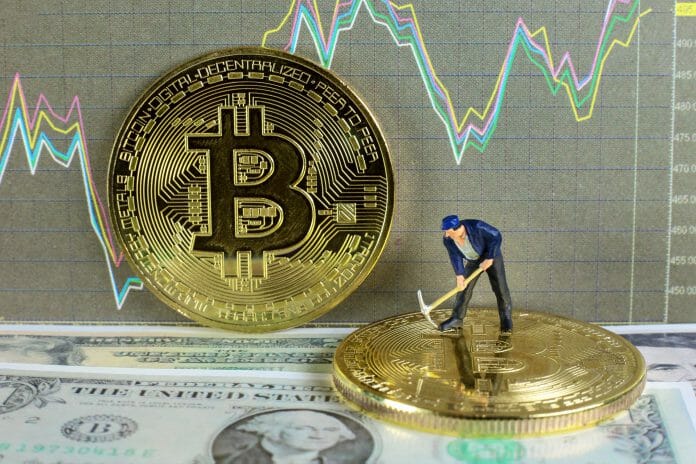The regulatory entity paid particular attention to growing Tether (USDT) volumes. Bitcoin mining could get boosted by cheap energy sources.
The latest report on world financial stability of the International Monetary Fund (IMF), revealed this Tuesday, April 19, warned that bitcoin and other digital assets could serve as a method to avoid the punishments imposed on Russia after the deepening of the armed conflict between Russia and Ukraine.
The war in Ukraine according to the report, the war in Ukraine has unveiled some of the challenges regulators face in applying stricter punishments and capital flow management measures.
For example, implementing those controls requires other parties to confirm the identities of the transacting entities. However, using digital assets could allow users to avoid such policies through various methods.
One of these methods is the use of exchanges and other crypto services that do not comply with regulators’ policies. Poor implementation of due diligence methods by providers also appears in this scenario.
Finally, the use of technologies and networks that increase the anonymity of these financial operations, such as mixers, decentralized exchanges, and privacy-oriented currencies, hinders identifying those who use a particular deal.
According to the IMF, the Risks are there
According to the IMF, cryptocurrency trading volumes against other emerging market assets appeared suddenly since the start of the COVID outbreak.
Punished nations could also assign more resources to avoid these financial punishments through bitcoin mining. This action could allow countries to profit from energy resources, some of which cannot get exported due to sanctions.
In this sense, shortly before the start of the conflict, the Russian Ministry of Economics supported the allowance of mining in regions of that country where there is a surplus of electrical energy.
Monetization takes effect directly on blockchains and outside the financial system where sanctions are applied. Miners can also earn profits instantly from users who pay mining transaction fees (which in this case could get sanctioned governments),” the report states.
At this point, the IMF acknowledges that the share of mining in the countries under sanctions and the total size of mining revenues suggests that the magnitude of such flows got relatively contained. However, the risks of breaking the financial integrity remain untouched.
This situation does not prevent initiatives to increase the number of miners in areas where low-cost electricity is more common. Last year’s average monthly income of all bitcoin miners was at least $1.4 billion. Russian miners could have caught at least 11% of that total and Iranians 3%, roughly $196 million.
Although the IMF acknowledges how much the adoption of bitcoin in emerging markets has grown, this organization continues to reject that El Salvador has granted it the status of legal tender.
According to this economic entity, Bitcoin is now a legal currency in El Salvador, including severe risks to financial and market integrity, financial stability, and consumer protection.
By: Jenson Nuñez



